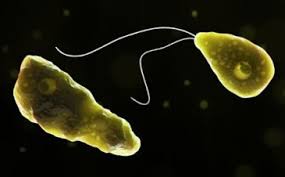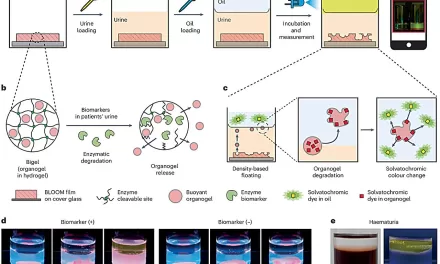A rare and potentially deadly brain infection, known as primary amoebic meningoencephalitis (PAM), has been identified in a five-year-old girl undergoing treatment at the Kozhikode Medical College Hospital. The child, originally from Malappuram, fell ill after reportedly taking a bath in the Moonniyur lake, where she may have come into contact with the amoeba responsible for the infection.
According to medical authorities, the child’s condition deteriorated rapidly after initial local treatment, necessitating her transfer to Kozhikode, where she currently relies on ventilator support. The amoeba responsible for PAM is typically found in contaminated water sources and can enter the brain through the nasal passages, leading to severe neurological complications.
Following the diagnosis, health officials have initiated measures to identify and monitor individuals who may have come into contact with the contaminated water in Moonniyur lake. Four family members of the affected child are currently under observation, while efforts are underway to trace other potential exposures.
PAM, although rare, poses a significant health threat due to its rapid progression and high fatality rate. Symptoms of the infection typically include headache, fever, and nausea, which can quickly escalate to severe neurological impairment if left untreated.
This recent case marks the sixth instance of PAM reported in the state of Kerala since its first detection in 2016. The last reported case occurred in Alappuzha in 2023, underscoring the ongoing risk posed by this rare but potentially lethal infection.
Health authorities are urging the public to exercise caution when engaging in recreational activities involving natural water bodies, particularly during periods of warm weather when amoeba populations may thrive. Additionally, individuals experiencing symptoms such as headache, fever, or nausea following exposure to freshwater sources are advised to seek medical attention promptly to prevent the progression of the disease.
As medical teams continue to monitor the affected child’s condition and conduct contact tracing efforts, public awareness campaigns are underway to educate communities about the risks associated with PAM and the importance of preventive measures to mitigate its spread.












